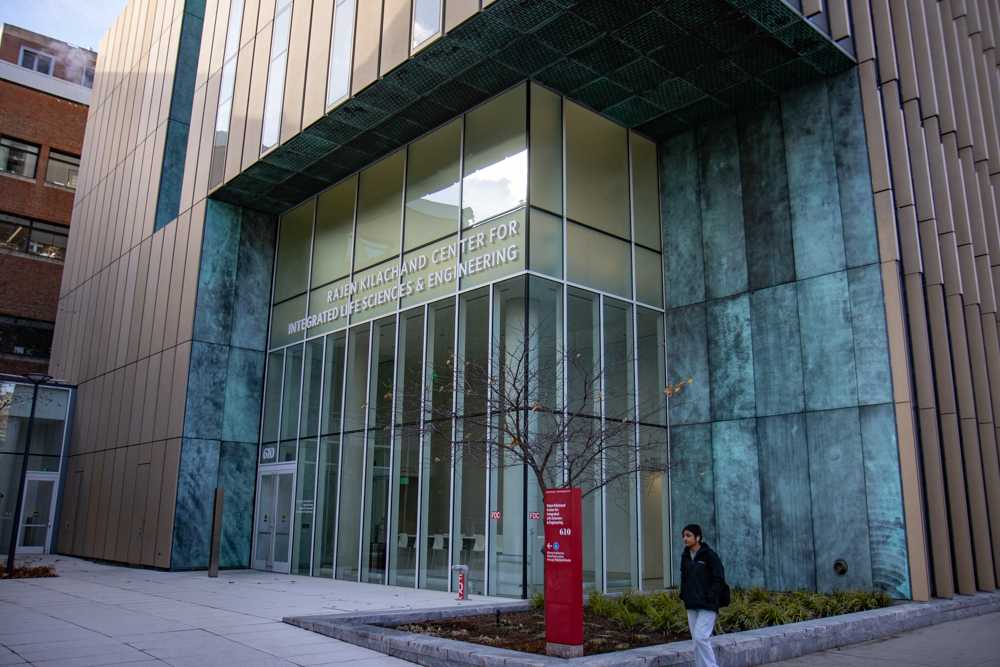Boston University School of Medicine professors have discovered that tissues taken from specific cells were not rejected when transplanted into genetically identical recipients, according to a BUSM press release Monday.
The study, published online in the journal “Cell Stem Cell,” implanted tissues from induced pluripotent stem cells into genetically identical recipients to demonstrate the potential of using the cells to develop treatments for a wide range of ailments, including diabetes, liver and lung diseases. These prospective treatments would not run the risk of immune rejection.
iPS cells can be created from adult cells, such as skin or blood, by genetically manipulating them into a stem cell state, according to the release. After the manipulation, iPS cells can mature into all the specific cell types in the body.
In the study, BUSM researchers took adult cells from an experimental model and manipulated them into iPS cells. Next they matured the iPS cells into three different mature cells — nerve cells, liver cells and blood vessel lining cells — according to the release.
After developing the cells fully, researchers implanted the cells into genetically identical hosts and found no signs of an immune system response or a possible rejection.
Created by Ashleigh Boyd and Neil Rodrigues, professors of dermatology at BUSM and researchers at the Center for Regenerative Medicine at BU and Boston Medical Center, the study suggests transplants would be more efficient because patients would not need to take drugs to suppress their immune system after transplants.
“If the use of immunosuppressive drugs can be avoided, as might be the case for patient-specific iPS cell-based therapies, it would be preferable,” Boyd said in the release. “Our results are very promising and future work should be directed at assessing whether tissues derived from human iPS cells will similarly lack immunogenicity.”
The research was funded by an Institutional Development Award from the National Institute of General Medical Sciences of the National Institutes of Health, according to the release. The IDeA program funds research capacities in states that are thought to have had minimal NIH funding by supporting research, faculty development and infrastructure improvements.
Boyd and Rodrigues’s study challenges a previous study, published in “Nature” in 2011, which saw iPS cells transplanted in a stem cell state rejected by the genetically identical recipients.
“The Nature study provocatively suggested that tissues derived from patient-specific iPS cells may be immunogenic after transplantation,” Rodrigues said in the release. “However, it never directly assessed the immunogenicity of the therapeutically relevant cell types that could be utilized in regenerative medicine and transplantation.”


























































































































